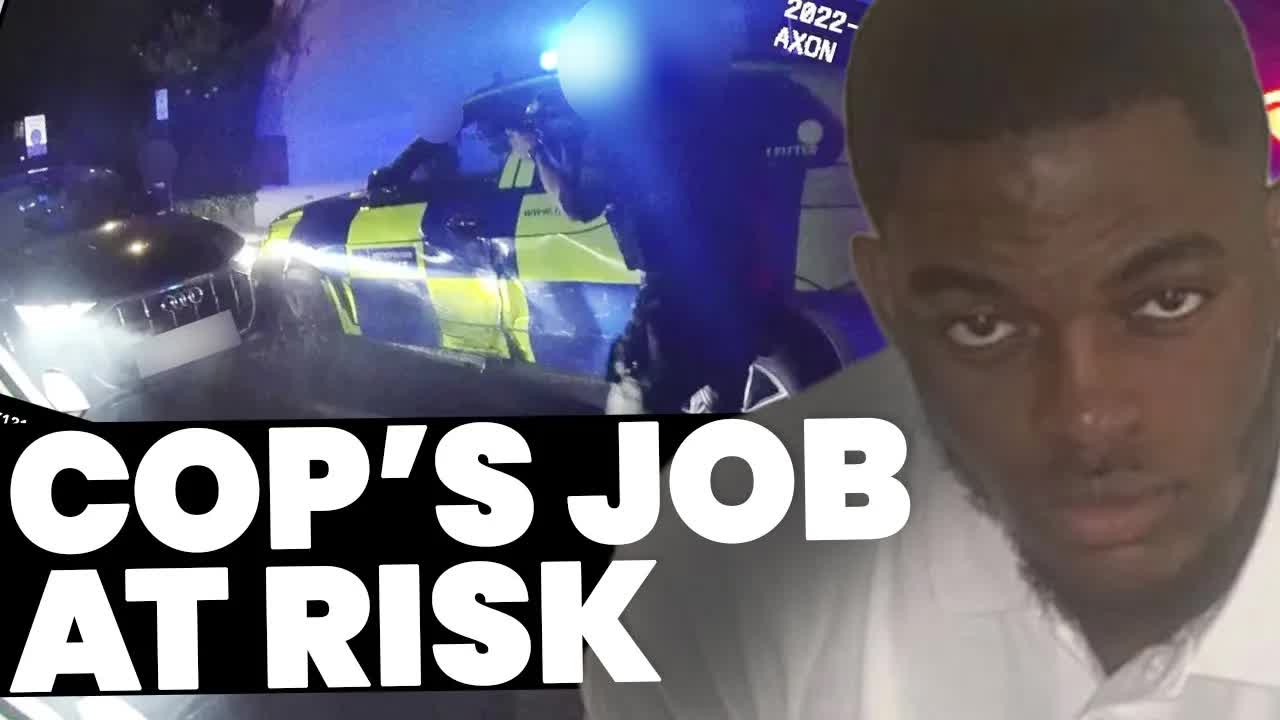In a perplexing turn of events, the officer involved in the shooting of Chris Kaba, Martin Blake, may still be held accountable for gross misconduct, even after being acquitted of murder.
This situation raises significant questions about accountability within law enforcement, as a jury has determined there was no murder, yet the tragic outcome leaves many wondering if further action is warranted.
The Independent Office for Police Conduct (IOPC) previously concluded that there was enough evidence to pursue a murder charge against Blake, leading to his trial at the Old Bailey.
However, alongside this criminal investigation, the IOPC decided to refer Blake for potential gross misconduct proceedings, indicating a separate review process exists for police conduct that differs from criminal charges.
Fiona Hamilton, chief reporter at The Times, elaborated on this complex case, noting that the IOPC’s decision to pursue misconduct charges was made before the trial’s conclusion.
While Blake was acquitted, the threshold for gross misconduct is notably lower than that for a murder charge.
This means that while a jury found Blake’s actions justifiable in the context of self-defense, the IOPC could argue that his belief in the necessity of force was not reasonable.
Interestingly, the Metropolitan Police had initially supported the idea of pursuing misconduct charges against Blake.
However, following the jury’s verdict, there seems to be a shift in sentiment among the police leadership.
This change has raised eyebrows, especially among firearms officers who feel they lack adequate support from senior officials during high-pressure situations.
The controversy surrounding this case extends beyond just Blake’s actions.
In March 2023, prior to the murder trial, concerns were already mounting within the ranks of armed officers.
Many expressed dissatisfaction with the support they received, leading to a significant revolt where numerous officers handed in their weapons, leaving the army on standby to ensure public safety.
As the narrative unfolds, it becomes clear that the IOPC’s role is crucial.
They must determine whether Blake’s actions constituted gross misconduct, which would require a thorough examination of the circumstances surrounding the shooting.
The distinction lies in whether Blake acted on a reasonable belief that his actions were necessary to protect lives, a determination that could significantly impact his career.
The implications of this case resonate deeply within the police community.
Firearms officers are voicing their concerns about the perceived lack of backing from higher-ups.
The Met Commissioner, Sir Mark Rowley, has been advocating for reforms to better protect officers who use force, including proposals to expedite investigations and potentially limit prosecutions against them.
This ongoing dialogue highlights a fundamental tension: how do we balance accountability with the realities of split-second decisions made by officers in dangerous situations?
The push for more protection for officers raises critical questions about the nature of police work and the standards by which their actions are judged.
As discussions continue, the Labour government is being urged to consider these proposals seriously.
The outcome could reshape the landscape of police accountability and the way officers are treated when faced with life-and-death decisions on the job.
The situation remains fluid, with both the IOPC and the Metropolitan Police navigating a complex web of legal and ethical considerations.
The potential for misconduct charges against Blake serves as a stark reminder that even in the wake of a jury’s decision, the quest for justice and accountability can take many forms.
In the end, this case isn’t just about one officer or one incident; it’s about the broader implications for policing and public trust.
As the investigation into Blake’s conduct unfolds, the conversations surrounding police accountability are likely to intensify, prompting deeper scrutiny of how law enforcement operates in high-stakes scenarios.































